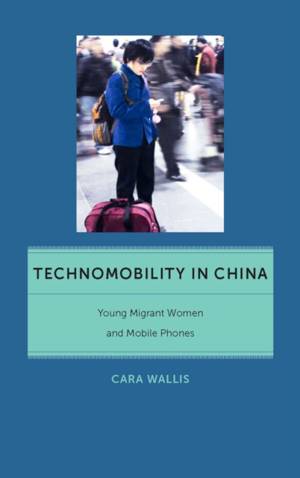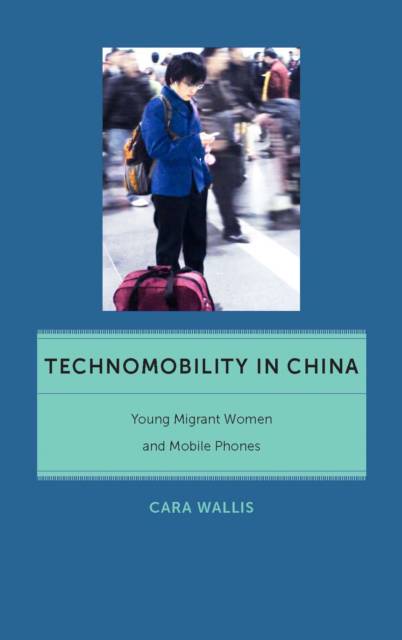
- Retrait gratuit dans votre magasin Club
- 7.000.000 titres dans notre catalogue
- Payer en toute sécurité
- Toujours un magasin près de chez vous
- Retrait gratuit dans votre magasin Club
- 7.000.0000 titres dans notre catalogue
- Payer en toute sécurité
- Toujours un magasin près de chez vous
150,95 €
+ 301 points
Format
Description
Winner of the 2014 Bonnie Ritter Book Award
Winner of the 2013 James W. Carey Media Research Award As unprecedented waves of young, rural women journey to cities in China, not only to work, but also to "see the world" and gain some autonomy, they regularly face significant institutional obstacles as well as deep-seated anti-rural prejudices. Based on immersive fieldwork, Cara Wallis provides an intimate portrait of the social, cultural, and economic implications of mobile communication for a group of young women engaged in unskilled service work in Beijing, where they live and work for indefinite periods of time. While simultaneously situating her work within the fields of feminist studies, technology studies, and communication theory, Wallis explores the way in which the cell phone has been integrated into the transforming social structures and practices of contemporary China, and the ways in which mobile technology enables rural young women--a population that has been traditionally marginalized and deemed as "backward" and "other"--to participate in and create culture, allowing them to perform a modern, rural-urban identity. In this theoretically rich and empirically grounded analysis, Wallis provides original insight into the co-construction of technology and subjectivity as well as the multiple forces that shape contemporary China.Spécifications
Parties prenantes
- Auteur(s) :
- Editeur:
Contenu
- Nombre de pages :
- 277
- Langue:
- Anglais
- Collection :
- Tome:
- n° 11
Caractéristiques
- EAN:
- 9780814795262
- Date de parution :
- 07-01-13
- Format:
- Livre relié
- Format numérique:
- Genaaid
- Dimensions :
- 160 mm x 231 mm
- Poids :
- 453 g

Les avis
Nous publions uniquement les avis qui respectent les conditions requises. Consultez nos conditions pour les avis.






